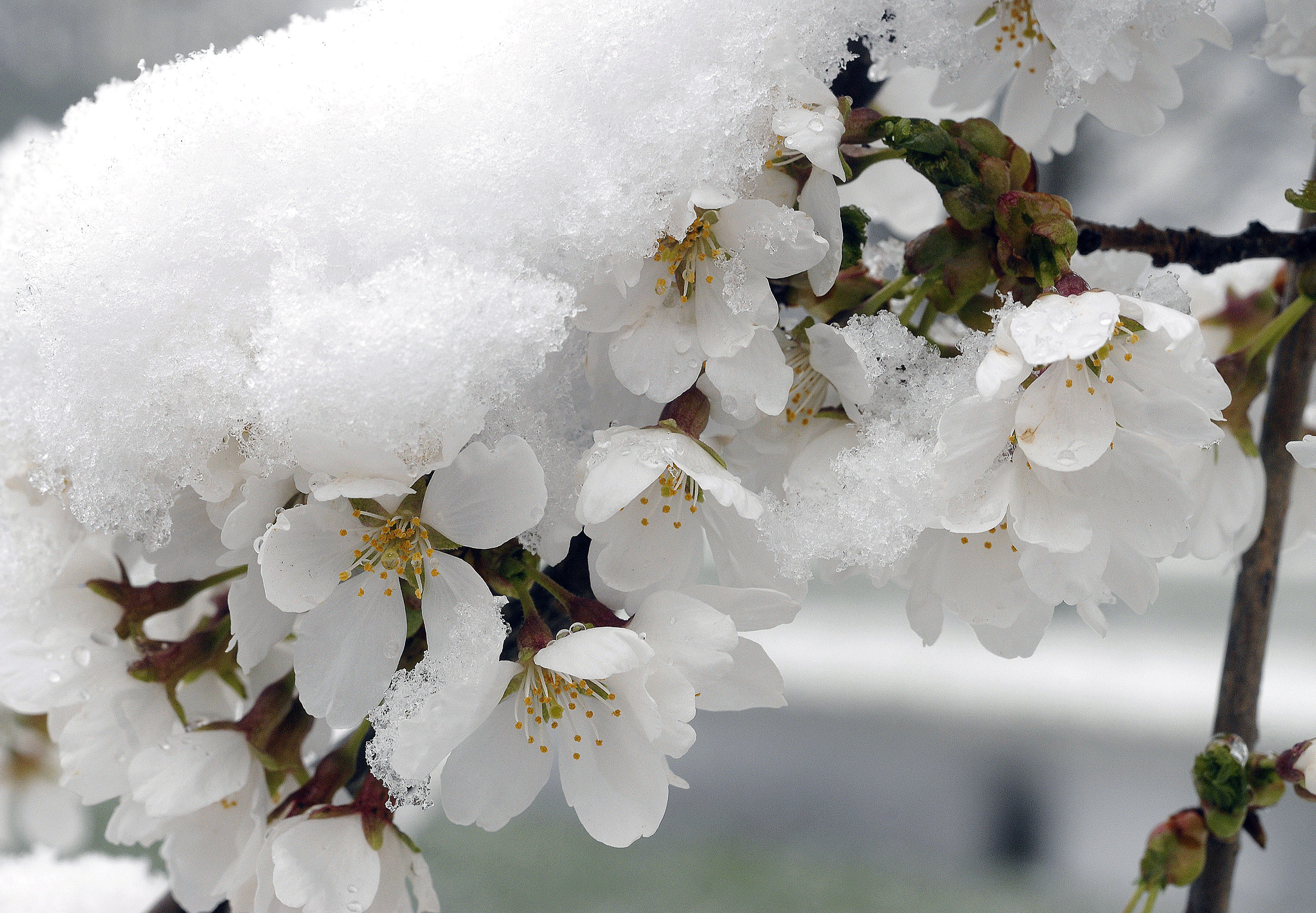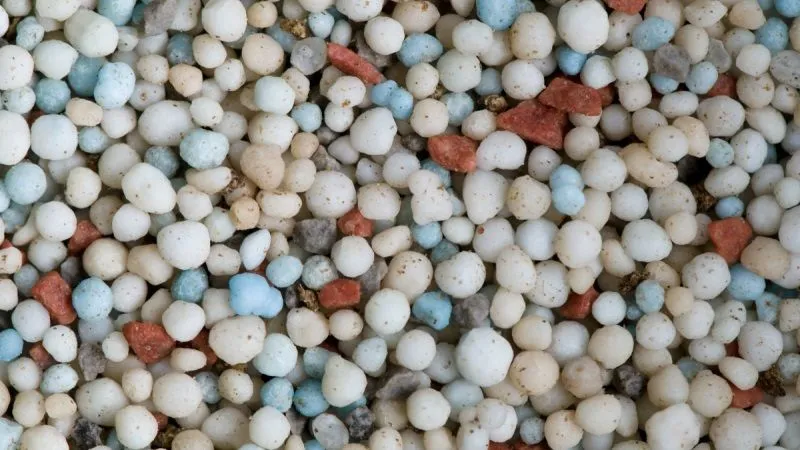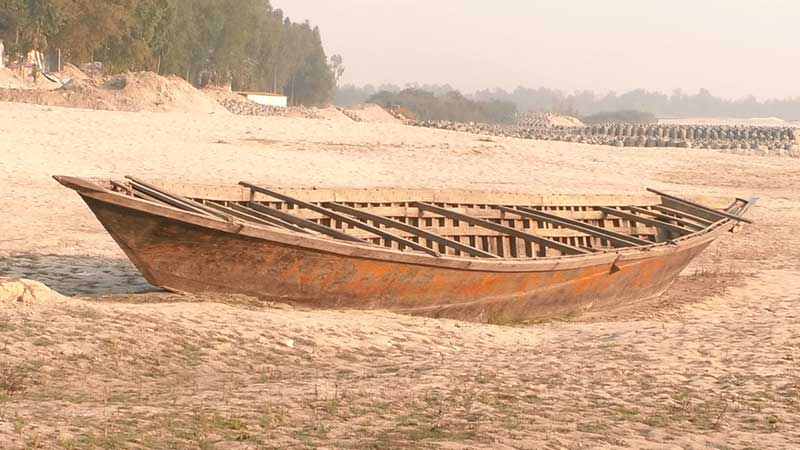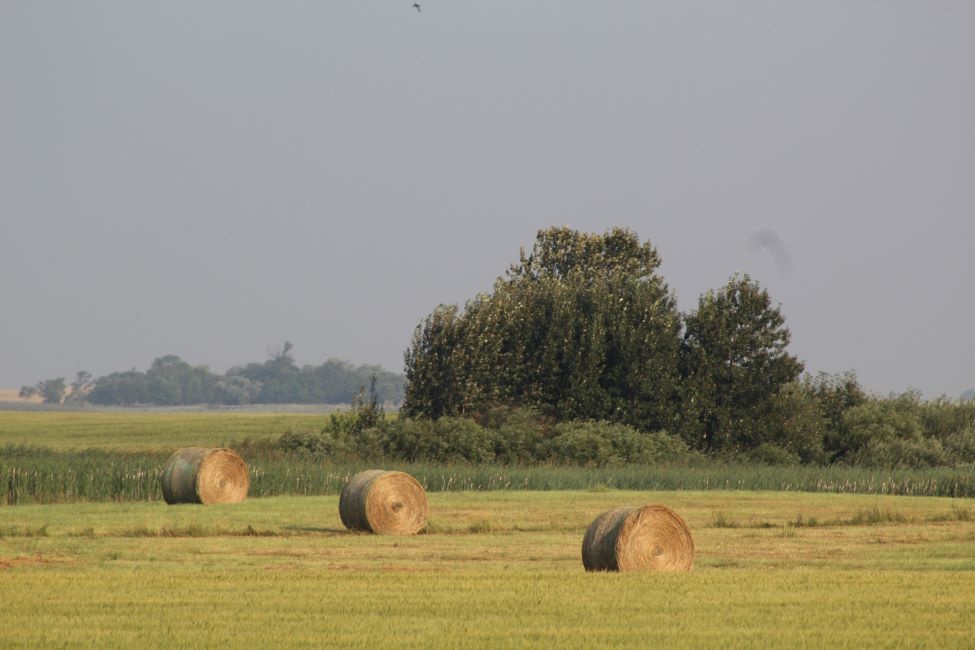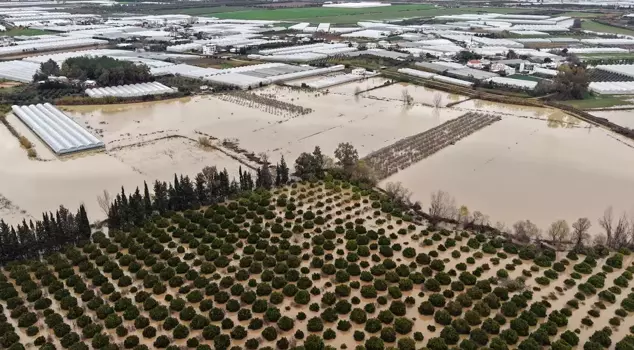The high temperatures recorded last week in Spain due to the intense heat wave have accelerated the ripening of stone fruit in the region of Aragon, bringing the end of the campaign forward by up to two weeks in some areas.
This is happening in a year with “acceptable prices” in general, although “not high enough”, given the lower production that has been obtained due to the frosts recorded in March, said the agricultural organization Uaga. This problem has affected the Bajo Cinca and Cinca Medio areas more intensely, with production falling by around 50% there compared to 2020.
In these counties, about 20% of the harvest remains to be done, namely pears (Conference and Williams) and late varieties of peaches, apples and nectarines. “At the beginning of September there will be very little left on the trees,” says Óscar Moret, head of the fruit sector at Uaga. “It has been a bad year for these areas in Huesca,” taking also into account the fact that insurance only covers 70% of the losses caused by frost.
In the rest of the fruit-growing areas of Aragon, the campaign has had a more normal development, with “reasonable” production volumes. In Calatayud, 50% of the fruit remains to be harvested, especially Blanquilla pears and other late varieties. In Jiloca and Valdejalón, more specialized in apples, there is also still a long way to go, while Caspe is also ahead of schedule.
Cherries have been one of the fruits with the best performance this campaign in terms of volume produced; however, prices have not been up to par. Caspe, Ricla, La Almunia and Calatayud account for most of this crop’s production, and the region has become the main producer in Spain.
The sharka-m threatens Mazaleón
In addition to the consequences of the weather, there is an added factor that has hit stone fruit in the Zaragoza town of Mazaleón: the sharka-m virus.
This virus is going to force the agricultural cooperative of the municipality to uproot 80% of the peach trees, or in other words, 105 hectares. The process has already started. “We will have to consider a restructuring of the sector with the support of the Government of Aragon”, says the representative of Uaga.
In any case, they stress that the outbreak seems to be already under control and is only affecting this fruit.
Source – https://www.freshplaza.com





